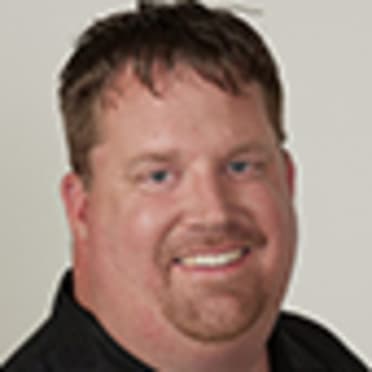ATLANTA -- Dale Murphy was one of the greatest players of the 1980s. But nearly three decades after retiring, the former Braves outfielder has once again been given reason to wonder if he’ll ever be elected to Baseball’s Hall of Fame.
Murphy’s latest bid fell short on Sunday, when he was not elected via the Modern Baseball Era ballot. This is the second time in three years he was denied after being placed on this ballot, which will not be voted on again until 2022.
The 16-member committee selected just two of the 10 up for consideration: late MLBPA director Marvin Miller and eight-time All-Star catcher Ted Simmons. Twelve votes were needed; Murphy is one of four players who received three votes or fewer.
During his time on the official Hall of Fame ballot (1999 to 2013), Murphy never received more than 23.2 percent of the votes, and he garnered as much as 15 percent just three times (1999, 2000 and 2013). He received just seven of the 16 votes cast when he was first placed on the Modern Baseball Era ballot in 2017.
Murphy hit .265 with 398 homers and a .815 OPS over a 18-season career that began in 1976 with the Braves. He won two National League MVP Awards, gained seven All-Star selections, garnered five Gold Glove Awards and won four Silver Slugger Awards. He played for Atlanta until being traded to Philadelphia midway through the 1990 season. His career ended during a brief, injury-shortened stint with Colorado in 1993.
Murphy won consecutive NL MVP Awards (1982 and ’83) and finished in the top 10 in MVP voting in four consecutive years (1982-85). His 32.4 fWAR ranked ninth in MLB from 1982-87.
Each of the eight players who ranked ahead of him are Hall of Famers -- Wade Boggs, Rickey Henderson, Cal Ripken, Mike Schmidt, Tim Raines, Gary Carter, Eddie Murray and Alan Trammell.
Murphy produced the second-most home runs (308) and RBIs (929) during the 1980s. Schmidt hit the most home runs, with 313, and matched Murphy’s RBI total, which was trumped only by Murray's 396.
There was a time when it seemed Murphy was a lock for the Hall of Fame, but his candidacy weakened when he hit just .238 with 86 homers and a .715 OPS from 1988-91 and saw scant playing time during his final two seasons. His decline was influenced by multiple knee ailments. He underwent surgery to repair structural damage after the 1989 season and then dealt with a blood infection that caused further deterioration.
At the end of the 1987 season, Murphy was 31 years old with 310 homers and a .862 OPS over 6,383 plate appearances. He averaged 36.3 homers from 1982-87, but then never again hit more than 24 in a season. Even accounting for a steady decline, it was easy to project that he would easily surpass the 400-homer mark and keep his career OPS around .850.
All of the 17 players who had hit 400 homers with a career OPS of at least .850 through 1991 are Hall of Famers.
Entering this election, Murphy was bidding to join Harold Baines, Tim Raines and Rickey Henderson as the only outfielders who began their career after 1950 and were elected to the Hall of Fame after hitting fewer than 400 homers with an OPS at .815 or below.
